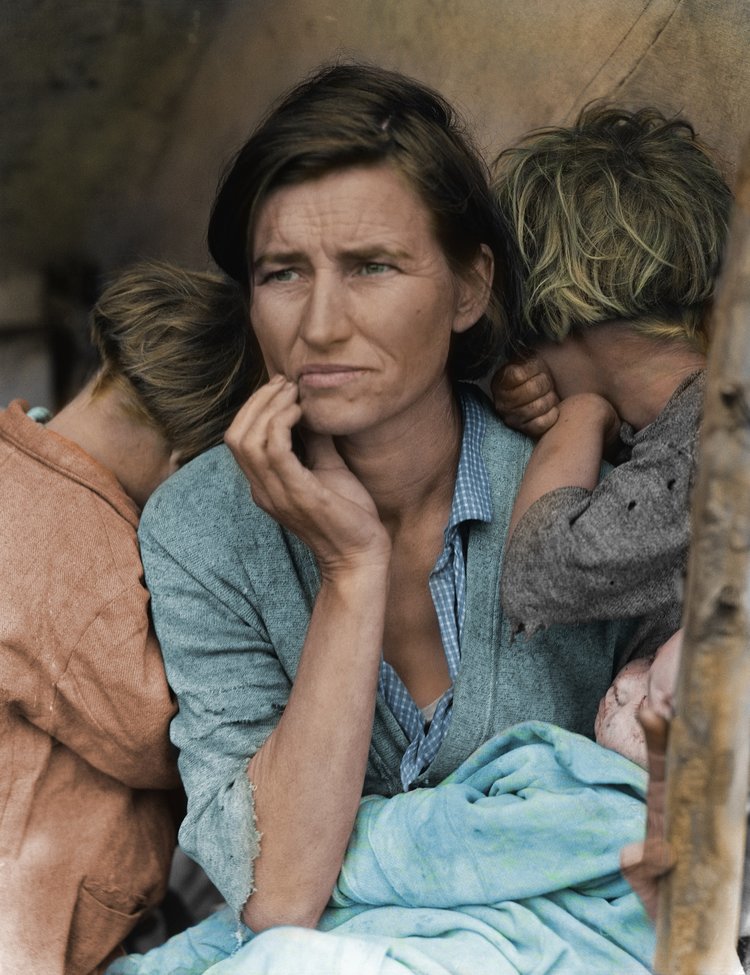Are you an anxious parent?
Are you and anxious parent? I know what it’s like to lay awake at night worrying. Do you? Worrying about whether you’re doing the right thing for your kids or doing enough for your kids. You might be worrying about your child’s future and how they will be able to make it in this world, or how they will be judged by others. Maybe you worry about their safety, especially as they get older. If this sounds like you, you’re probably trying to do everything in your power to alleviate this anxiety and to make sure your children are happy, healthy, and safe. Anxiety comes in all different forms, and can show itself in many different ways. Maybe you have struggled with anxiety for a long time, even before having children. Maybe you never considered yourself to be anxious until you had kids and you started to feel like you had less control of the world. Maybe you still don’t think of yourself as anxious, but when things don’t go the way you think they should, it’s very difficult to handle.
I see a lot of parents, and their anxiety often becomes apparent even when they are not aware of a family history of anxiety. It can be easy to try to control your fears by controlling your environment and your child’s. And sometimes, maybe even most of the time, this approach can seem to work for alleviating parental anxiety, but it may increase children’s. Anxious parents often have anxious children, but it doesn’t have to be that way.
My intention is not to blame parents. If I’ve described you here, your reactions are only natural. My goal is to give you hope and provide a path forward for alleviating your own anxiety as well as your children’s.
Anxiety is treatable. The challenge is that treating anxiety can seem counter-intuitive. Anxiety comes from overestimating the danger in a situation, and treating it involves not only recognizing the false-alarm, but also treating it as a false alarm. In the case of your children, this means allowing them to experience difficult situations and make choices you don’t always agree with, and recognizing the limits of your control. When it comes to our children, it can be harder to recognize the false alarm. The solution can feel unnatural and scary, especially at first.
When I work with anxious children, a major component of my work is often helping parents learn how to respond to their child’s anxiety. Sometimes I work just with parents and send them home with new skills to use for managing their own stress and responding to their children.
New research has shown that with family therapy it may even be possible to prevent or delay the onset of anxiety disorders in children with anxious parents (click here for more on this research: http://n.pr/1KzNgqE).
If you'd like to see how addressing your own anxiety can impact your family, call to schedule an appointment. For more information on anxiety treatment, click here.


